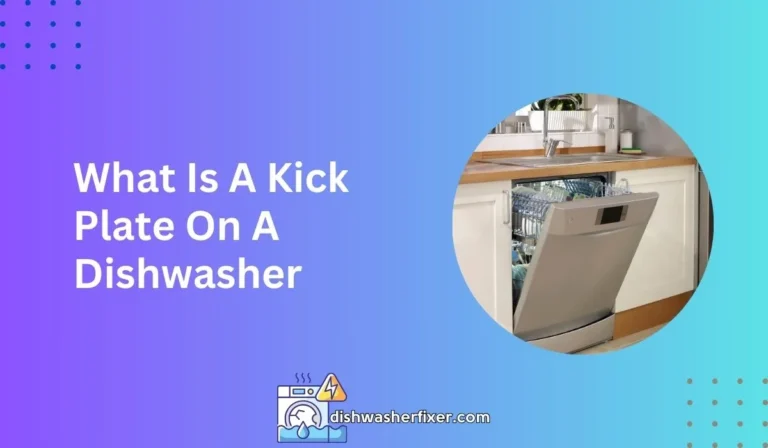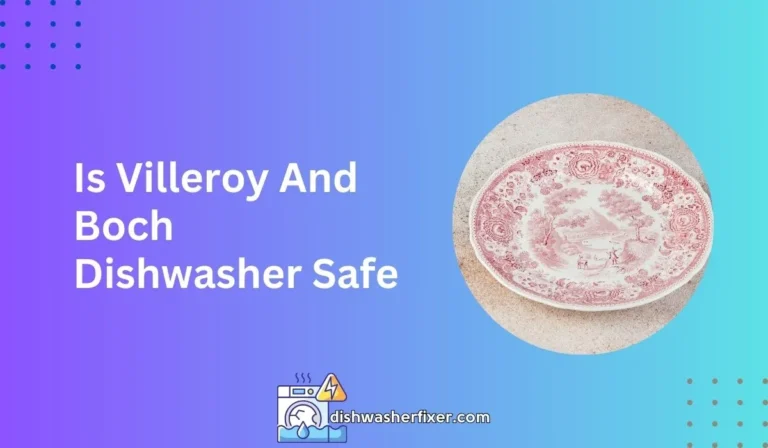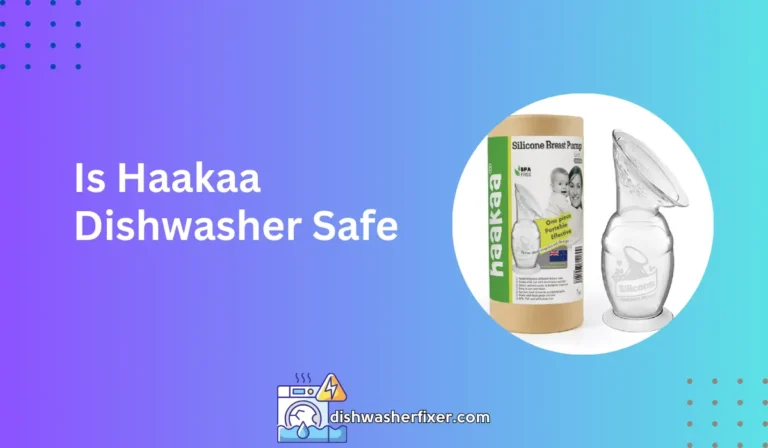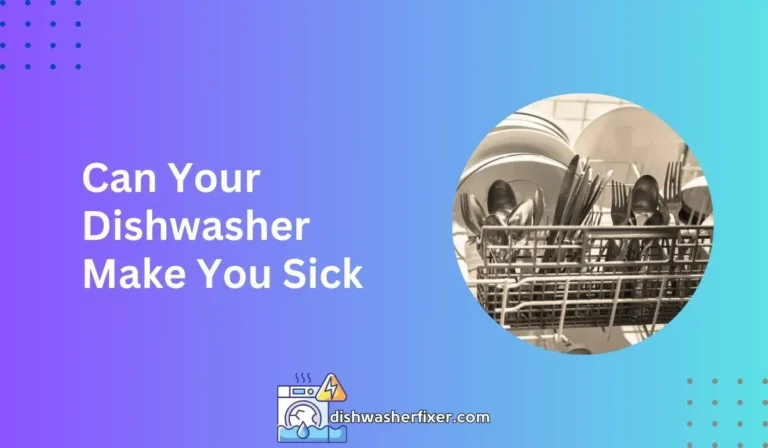Do You Need A Bottle Sterilizer If You Have A Dishwasher? Find Out!
A bottle sterilizer is not strictly necessary if you have a dishwasher with a sanitizing cycle. Dishwashers can effectively clean and sterilize bottles using high-temperature water. Ensure to use the heated drying cycle for added sterilization.
Understanding Bottle Sterilization and Dishwashers
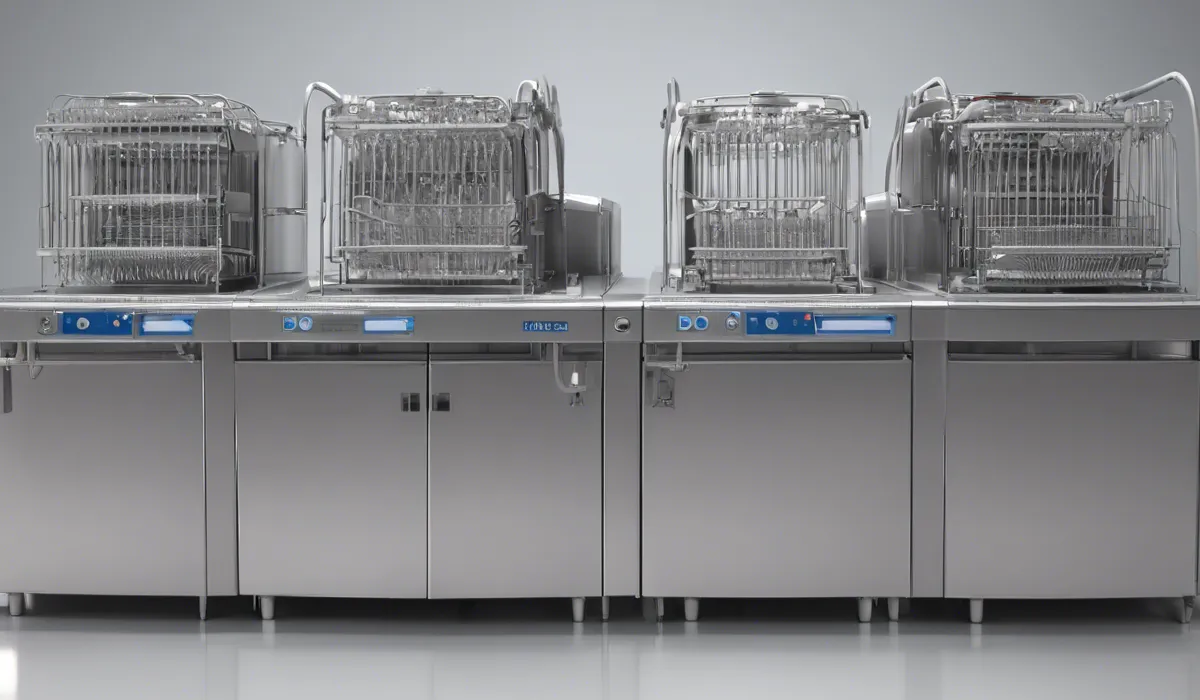
What is Bottle Sterilization and Its Importance
Bottle sterilization is the process of eliminating all harmful germs from baby bottles and accessories. It is crucial because infants have not fully developed their immune systems, making them more vulnerable to infections.
Sterilizing bottles helps protect your baby from bacteria, viruses, and other pathogens that can cause illness. It is particularly important in the first few months of life when the baby’s ability to fight off germs is still weak.
How Dishwashers Clean and Sanitize
Dishwashers clean by spraying hot water mixed with detergent onto the dishes. The combination of heat, water pressure, and detergent breaks down food residues and washes them away.
Many dishwashers have a sanitizing cycle that uses even hotter water to kill most germs. However, sanitizing is not the same as sterilizing; it reduces the number of bacteria to a safe level rather than eliminating all microbes.
Sterilization vs. Sanitization
Sterilization involves killing 100% of germs on a surface, ensuring that it is completely germ-free. Sanitization, on the other hand, reduces the number of germs to safe levels.
While dishwashers can sanitize, they may not always reach the high temperatures required for true sterilization.
Types of Baby Bottles and Cleaning Methods
There are various types of baby bottles, including glass, plastic, and silicone. Each material reacts differently to heat. Glass bottles can generally withstand high temperatures, making them suitable for dishwashers and sterilizers.
Plastic bottles, however, can warp or leach chemicals at high temperatures, and silicone bottles require careful handling as per manufacturer instructions. Knowing the heat tolerance of your bottles is essential for choosing the right cleaning method.
Pros and Cons of Using a Dishwasher for Bottle Cleaning
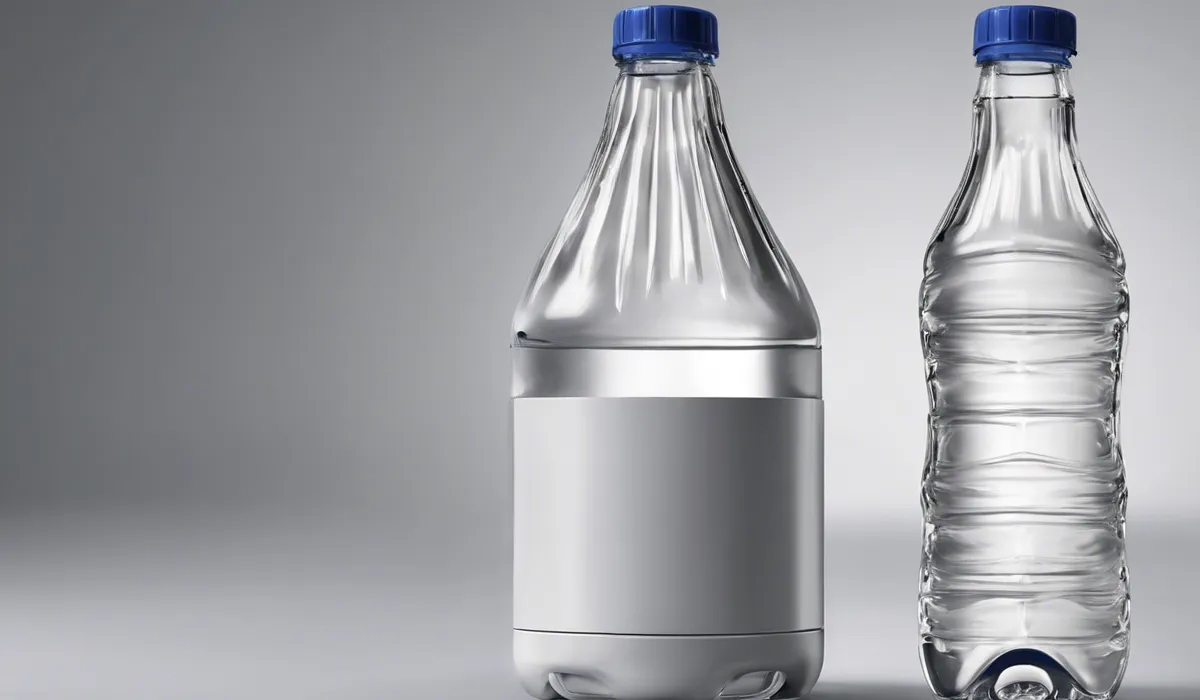
Advantages of Dishwasher Use
Using a dishwasher for bottle cleaning offers convenience and saves time. You can wash multiple bottles and accessories at once without manual scrubbing.
Dishwashers are also energy and water efficient compared to hand washing. They are designed to clean effectively with less water and to use the energy needed to heat the water more efficiently.
Disadvantages of Dishwasher Use
While convenient, dishwashers may not always reach the temperatures needed to sterilize bottles completely. There is also a chance of soap residue and water spots, which could irritate a baby’s sensitive system.
Plastic bottles might warp or melt if placed on the bottom rack or if the dishwasher’s temperature is too high. Smaller items like nipples may not be secured properly and could get damaged during the wash cycle.
When You Might Need a Bottle Sterilizer
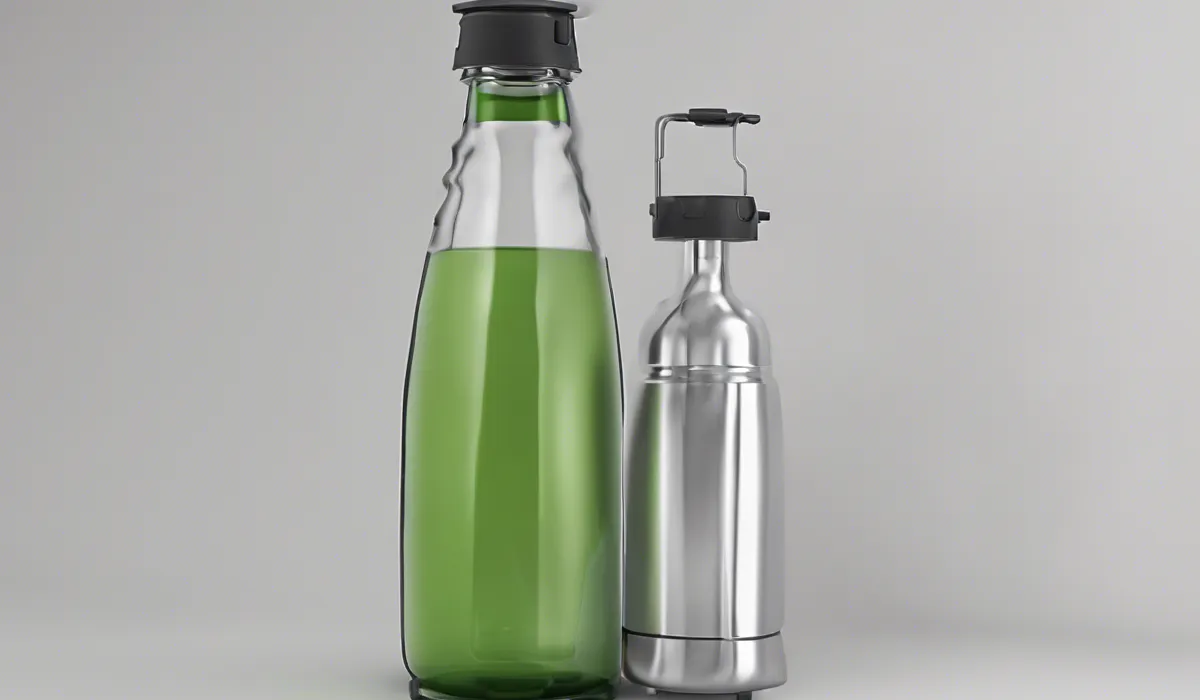
Special Circumstances for Sterilization
In certain situations, a bottle sterilizer becomes necessary. Babies with health concerns or compromised immune systems, such as preemies or those with medical conditions, need sterile bottles to avoid infections.
The first few weeks of a newborn’s life are also a time when extra care is needed. If you live in an area where the water supply is not reliably clean, sterilizing bottles can provide an additional safety layer.
Benefits of Bottle Sterilizers
Bottle sterilizers ensure high-temperature sterilization, eliminating all potentially harmful germs. They offer peace of mind to parents, knowing that their baby is not at risk from bottle-borne infections.
These devices are often designed specifically to accommodate baby bottles and accessories, ensuring that every part gets properly sterilized.
When Dishwashers Might Suffice
For older infants with more developed immune systems, a dishwasher with the correct settings might suffice. Using dishwasher-safe bottles and following the manufacturer’s guidelines can ensure the bottles are cleaned safely.
It’s essential to use dishwasher settings like hot water and the heated drying cycle, as these contribute to the sanitization process, making the dishwasher an effective tool for cleaning baby bottles.
FAQs About Do You Need A Bottle Sterilizer If You Have A Dishwasher
Can I use my dishwasher instead of a bottle sterilizer?
Yes, you can use a dishwasher with a sanitizing cycle to clean and sterilize bottles effectively.
Is the heated drying cycle necessary for sterilizing bottles in the dishwasher?
Using the heated drying cycle adds extra sterilization by using high temperatures to eliminate more germs.
Do all dishwashers have a sanitizing cycle suitable for baby bottles?
Not all dishwashers have a sanitizing cycle; you should check your dishwasher’s specifications to ensure it has this feature.
Is it safe to put baby bottles in the dishwasher?
Yes, it is generally safe to put baby bottles in the dishwasher, especially if the bottles are marked as dishwasher-safe.
Can a dishwasher replace all functions of a bottle sterilizer?
A dishwasher with a sanitizing cycle can replace a bottle sterilizer for cleaning and sterilizing, but it may not have the convenience features of a dedicated sterilizer.
Final Thoughts
A bottle sterilizer is not essential when you own a dishwasher with a sanitizing cycle. Such dishwashers can efficiently sanitize bottles using high-temperature water, and using the heated drying option enhances the sterilization process.
This method is a practical solution for parents looking to maintain clean and sterile bottles for their babies.
